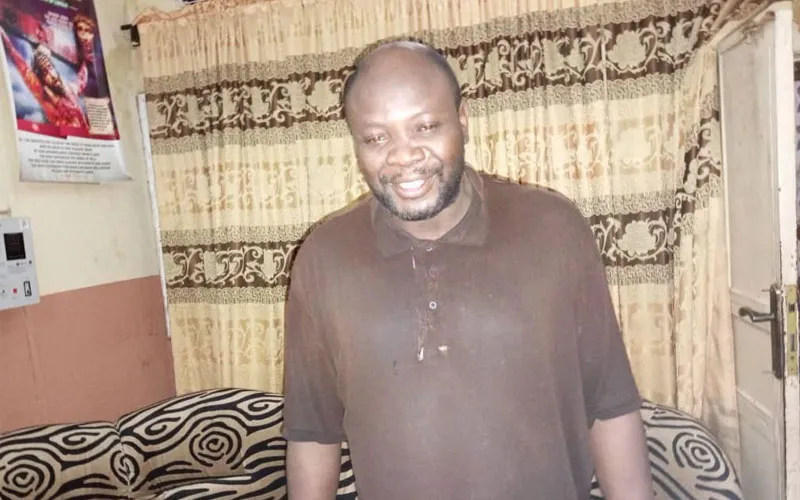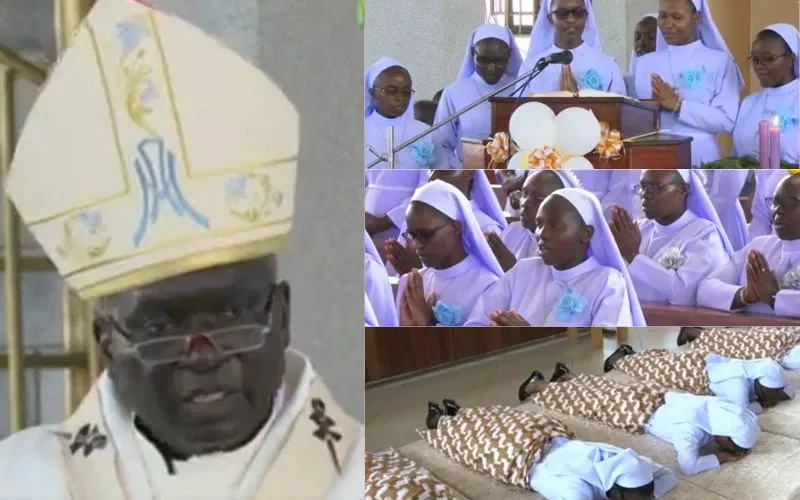Lokoja, 30 June, 2022 / 9:45 pm (ACI Africa).
Fr. Christopher Itopa Onotu, the Catholic Priest who was kidnapped on June 4 from his Parish residence in the Diocese of Lokoja in Nigeria, has been freed, the Chancellor of the Nigerian Diocese has confirmed.
In a statement shared with ACI Africa, Fr. Augustine Okafor confirmed the release of Fr. Onotu and expressed gratitude to the people of God for their prayers and support.
“Thank God they have just released our brother, Fr. Christopher Itopa Onotu this evening,” Fr. Okafor says in his Thursday, June 30 statement, adding that the freed Priest “is at Christ the King College and Fr. Awolumate is taking care of him.”
“Fr Onotu himself has spoken to the Bishop,” Fr. Okafor adds in reference to the Local Ordinary of Lokoja Diocese, Bishop Martin Dada Abejide Olorunmolu.
In his statement, the Chancellor of the Nigerian Diocese that is within the Ecclesiastical Province of Abuja expresses gratitude for the solidarity shown, saying, “Thanks for your prayers and material support.”





